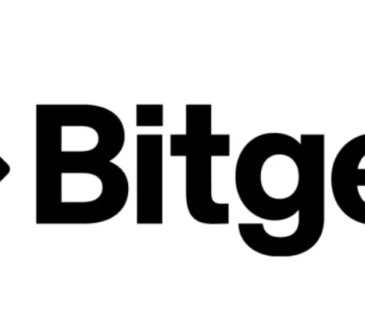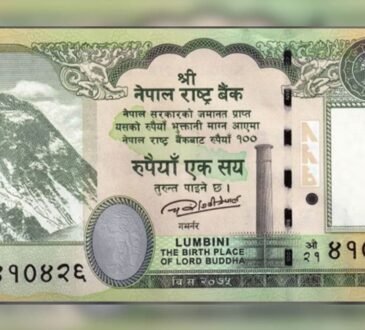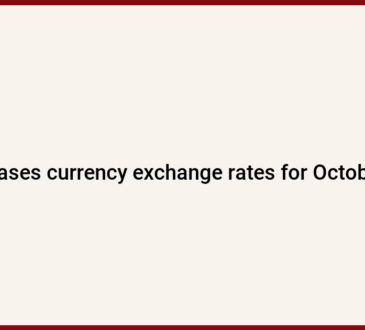Are you aware of the Central Bank Digital Currencies (CBDCs) phenomenon? If not, let’s break it down: CBDC in a nutshell is an electronic currency linked to a sovereign nation’s currency and controlled by the country’s central bank.
It is like having a wallet that operates through your phone or computer. But why are so many countries targeting CBDCs as if it’s the next big thing?
Why Are Countries Pushing for CBDCs
Suppose you want to transfer money across borders or make some significant payment. The conventional money transfer procedures in most banks can be time-consuming, expensive, and even inconvenient because of many barriers one has to overcome.
Being able to link with different kinds of payments, CBDCs may one day integrate with other platforms that also accept LTC and other cryptocurrencies for more versatile options. As intermediaries, banks may not be needed for every single transaction, that in my opinion is a revolution.
Here’s a question for you: in your opinion will the average person be ready to accept a government digital currency? Many people like to have more opportunities to pay with a card, but not everyone wants digital money, especially when they are regulated by the state.
The Big Benefits
1. Financial Inclusion
Do you know what is meant by banking the unbanked? Don’t worry CBDC is here for the rescue. CBDC will have a real impact for those who exist outside the formal financial system especially in the rural or developing world.
As to the CBDCs, one just requires a mobile phone or an internet connection to become a full-fledged member of the ‘financial club.’
2. Easier Payments and Transfers
From buying food at a grocery store to transferring cash to a friend in another country, CBDCs might do this quicker and more cheaply. How about wiring money to another country instantly, without having a percentage of your money eaten away by fees? Nice, right?
3. Enhanced Security and Reduced Crime
As central banks would issue and monitor, it could be difficult for the criminals to exploit CBDC. Complex matters such as money laundering might become a little more difficult if all transactions are recorded digitally.
4. Direct Policy Implementation
This one might sound boring, but it’s big: CBDCs would enable central banks to implement policies first-hand. For example, if there is a recession, the officials may directly put more funds into citizen’s CBDC wallets to stimulate demand.
But Wait. Are There Risks?
That said, it’s not all picture perfect. Besides, the pros come with some challenging cons.
1. Privacy Concerns
Do you feel good about the government observing your financial transactions? For example, your buying behaviour might become more transparent if you use CBDCs. This could help with tax evasion and fraud, but it also raises questions: what is privacy in a digital age and where do we even begin to understand drawing a line between privacy?
2. Cybersecurity Threats
I am sure we have all come across headlines of cybersecurity attacks. Imagine if hackers attacked the CBDC of a particular nation. The stakes are pretty high when it comes to protecting CBDCs and there is no one who wants their money or their identity to be stolen by hackers.
3. Banking Shake-Ups
Perhaps the most well-known concern associated with implementation of CBDCs is that it might result in stripping the banks of their position as intermediaries. How would that change things?
Well, if people decide they want to hold more of their money in a CBDC account instead, banks could have much less business. These measures might mean that banks begin to charge customers higher fees for other services, or they simply begin to alter how they function.
How Would CBDCs Affect You?
Imagine what Paypal, Apple Pay or Venmo have done to the way you purchase goods and services or sell your products. CBDCs could take that even further. Now, feel the convenience of paying rent or even taxes without having to wait days to do it.
An issue that keeps on arising is, “Is cash going to become extinct?” Actually we do not know that for now. Among the public some have even considered that CBDCs might replace cash, while another group of people considers that physical money will always be around. Some might continue to use cash because they want privacy, and some may not be so quick to trust digital forms of money.
Is a CBDC Future Right Around the Corner?
Is the use of CBDCs going to be the new trend or does it have the potential only to last for a few years? The future alone will tell, however, given that so many countries are already on board, we are sure that we will be hearing a lot more about them.
So far, go ahead and continue to engage in the current favourite forms of digital payments, but prepare for your country’s central bank to follow the lead and issue its own CBDC in the next few years.





